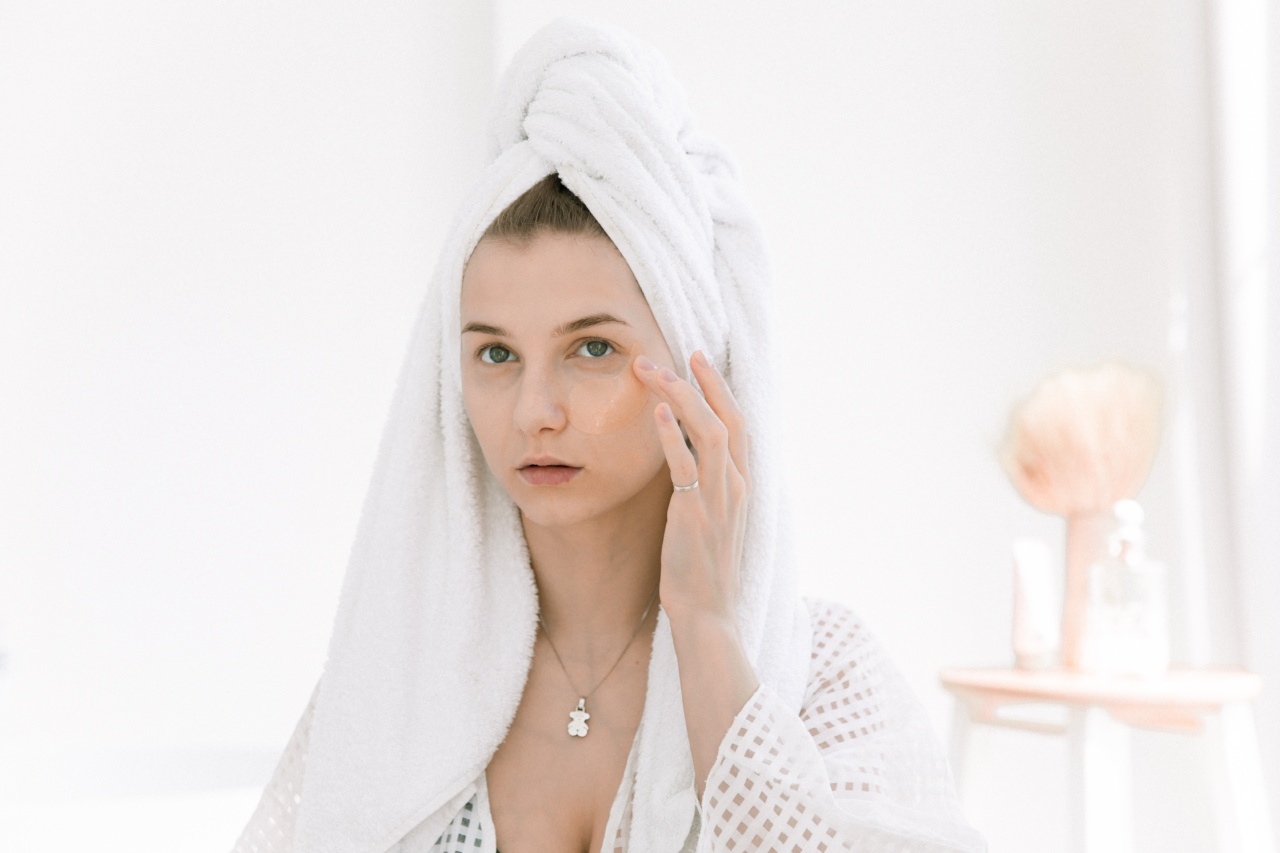The COVID-19 pandemic has made wearing masks an everyday necessity. However, wearing masks for a prolonged period can cause skin irritation, itching, and redness, especially for people with sensitive or acne-prone skin.
But that doesn’t mean that you have to stop wearing a mask. In this article, we will discuss ten tips on how to soothe skin irritations caused by wearing masks.
Tip #1: Choose the Right Mask
One of the main reasons for skin irritation from wearing masks is using the wrong type of mask. Choose a mask that fits your face perfectly without rubbing your skin.
The best mask is the one that has at least two layers of breathable and washable fabric such as cotton or silk. Avoid synthetic fabrics that can irritate your skin.
Tip #2: Wash Your Face Before Wearing a Mask
Before putting on a mask, wash your face with a gentle cleanser and warm water. This will help to remove dirt, oil, and sweat from your face and reduce the risk of breakouts.
Also, do not use any skincare products that contain harsh chemicals, which can make skin irritation worse.
Tip #3: Apply Moisturizer Before Wearing a Mask
Wearing a mask for a long time can make your skin dry and itchy. To prevent this, apply a lightweight, non-greasy moisturizer on your face before wearing a mask. Avoid moisturizers that clog pores or contain fragrances and alcohol.
Tip #4: Use a Soothing Balm
If you have sensitive skin, consider using a soothing balm or ointment on the areas where the mask rubs your skin. Aloe vera, calendula, and chamomile are good ingredients to look for in a soothing balm.
Apply the balm on clean, dry skin, and let it absorb before putting on your mask.
Tip #5: Take Breaks
If you wear a mask for a long time, take breaks whenever possible. Find a safe place to remove your mask and stretch your facial muscles. This will also help to relieve the pressure on your skin and reduce the risk of skin irritation.
Tip #6: Wash Your Mask Regularly
The mask is in direct contact with your skin, so it’s essential to wash it regularly. If you use disposable masks, dispose of them safely after use.
If you use fabric masks, wash them in hot water and detergent after each use, or whenever they get damp.
Tip #7: Avoid Wearing Makeup
Wearing makeup under your mask can clog pores and irritate your skin. Also, the moisture from your breath can cause makeup to smear and transfer onto the mask. If you must wear makeup, choose a lightweight, oil-free formula.
Apply it sparingly and avoid the areas where the mask contacts your skin.
Tip #8: Stay Hydrated
Drinking enough water throughout the day can keep your skin hydrated and healthy. It also helps to flush out toxins and prevent inflammation. Aim to drink at least eight glasses of water a day, and eat water-rich foods such as fruits and vegetables.
Tip #9: Use a Humidifier
If you live in a dry climate, using a humidifier can help to add moisture to the air and prevent skin dryness. This is especially beneficial if you work in an air-conditioned environment where the air is dry.
Keep the humidifier clean and change the water regularly to avoid bacterial growth.
Tip #10: Seek Medical Advice
If you develop severe skin irritation, redness, or a rash from wearing a mask, seek medical advice. A dermatologist can recommend appropriate skincare products and treatments to soothe your skin and prevent future skin problems.






























